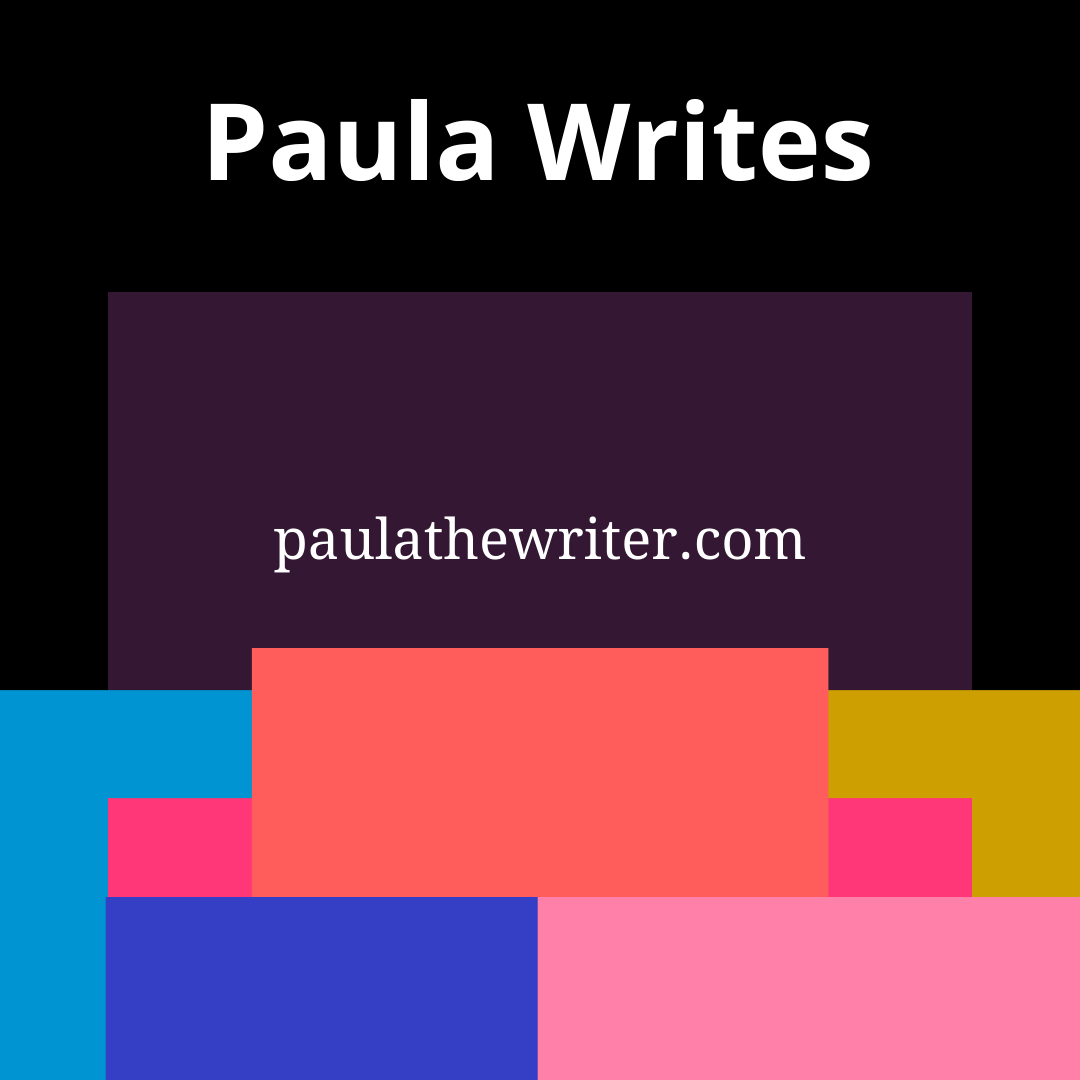
Should fiction writers blog – or focus purely upon the creation of fiction?
Of course, I’m asking this in the form of a blog post, which in itself, does suggest that I believe in author blogs. Well, yes, I do, but I also recognise many of their associated problems.
So, why should authors blog?
It’s probably one of the best forms of online content marketing, for a start – and content marketing verges upon essential nowadays, for almost all authors.
If you’re a self-published, or independent, author, it’s basically vital, and increasingly, it’s a part of the job for most traditionally published authors, too. Blogging is great for SEO, and gives you something of value to share on social media. Of course, there are other forms of content marketing, which can be equally effective. One of the best is making You Tube videos, and you can definitely build a significant audience this way, whether or not you also choose to have a blog. It’s very much a personal choice, and what you feel comfortable with.
The most obvious reason to blog is that it’s writing.
If you love to write, there’s a strong chance that you’ll enjoy blogging. That’s logical and self-explanatory, right?
Blogging is a chance to explore and share our feelings and opinions, and the process of doing so helps us to develop as writers.
Our posts will also, hopefully, help our readers. It allows us to share our experience and knowledge – and, in a different form, the same passion that drives us to write our fiction. It’s one more way to reach out with our message.
Heard of the KLT factor?
Blogging enables potential readers of our fiction to know, like and trust us, and this is essential for building our author brands. Ultimately, this is what is going to encourage people to buy and read our books.
Now, let’s look at why authors possibly shouldn’t blog.
Basically, blogging can become a major distraction.
The work involved in maintaining an active blog is unavoidably time-consuming. And it’s possible to become obsessed with blogging, to the point where it takes over, and our novels, and other writing projects, are seriously neglected. And yes, I speak from experience.
None of this necessarily means that we can’t blog as writers, but finding the right balance is necessary.
When considering frequency of publication, it’s important to keep in mind that author bloggers are not in the same position as business or lifestyle bloggers. We may not be able to publish on the same sort of schedule as they do – and we probably don’t actually need to.
If blogging simply doesn’t appeal to you, that’s probably an indication that you shouldn’t do it.
As I mentioned before, there are other forms of content marketing, so don’t feel that you have to blog, if you really don’t want to. Your heart won’t be in it anyway, and that will come through, in your writing. It’s also likely that you will abandon your blog, if you’re lacking passion for it, from the start. It’s possible that you actually would enjoy blogging, if you had a specific direction, however – so it might be worth reading on, because I’m going to discuss what you should write about, on an author blog.
Right, so what should an author blog be about?
A point to consider here is, of course, audience requirements.
Who are you, primarily, blogging for: other writers, your novel’s (or novels’) target audience, or both? Of course, there can be some overlap here, but the question remains an important one, and may have an impact upon the direction of your blog.
The classic author blog approach would be to write about writing craft.
This is one of the main areas that I myself do tend to focus upon.
Book reviews are also popular, and would appeal to other writers, but also potentially, readers, who aren’t necessarily writers themselves.
In terms of attracting organic search traffic, book reviews are often successful.
Some authors share samples from their novels.
Others include posts that discuss their characters, or aspects of their works in progress. The possibilities are endless, if you want to get creative.
Because I’ve written poetry, as well as fiction, I’ve included posts about the relevance of modern poetry, the inclusion of fictional elements in poems, and alternative approaches to writing character poems.
I’ve also experimented with various poetry websites and blogs. These can complement our main blogs, if they all link back there. Tumblr does work well for sharing poetry and writing quotes, and might be worth considering, as it falls somewhere between a social media and blogging platform.
Some author bloggers concentrate upon subject areas that they deal with in their fiction, rather than writing about writing, as such.
Personally, I do this, but tend to bring everything back to writing. For example, I have a post, in which I talk about my approach to mental health, in my fiction. Also, I write modern historical fiction, and have a post about that, and another that lists 10 awesome things about the 1980s, the era in which my WIP is set. Interestingly, in my first post on my current blog, about moving to WordPress, I discuss my plans for the blog – and I was by no means restricting myself to writing about writing, at that stage.
Blogging about blogging is an interesting one.
That’s actually what this post is, as is my evergreen content post. Blog posts about blogging will always be popular. Of course, you can always venture into related topics, such as SEO.
And then there’s social media.
Social media is huge for writers, and most author blogs will at least touch upon the subject, in some of their posts. I have my main post about Social Media for Writers, and more specific ones, about using Twitter, Tumblr, and Google Plus, as writers. Then also, a few other posts that deal with aspects of social media.
For some reason, my post about secret Facebook groups has ended up being (at the time of writing) my most popular post (based upon page views alone) – and that one only came into existence following a negative personal experience that I had, with one particular group. That led me to take an interest in the subject more generally, and raise the question as to whether these groups should be allowed to exist at all, or whether they should at least be more closely monitored by Facebook.
On the subject of social media, certain platforms work particularly well for bloggers – notably, Pinterest.
If your main social media channel is Twitter, as it is for myself, then you can definitely gain blog visitors, if you aren’t afraid to regularly share links to your posts. On Facebook, blogging groups, such as Bloggers Buzz or The Blogging Breakthrough Community, are probably your best bet – or a more general writing group may be of interest. Google Plus tends to be low maintenance, and will send you at least some traffic. I get very few blog visitors through Tumblr, but find it worthwhile, in other ways, as previously mentioned.
If you’re thinking of becoming an author blogger, I would say to go for it. It can be rewarding, and I’m always interested to discover more quality author blogs.
My post, discussing the pros and cons of planning your blog posts in advance, may be of interest.
The excellent Standout Books also have a post about author blogs, which comes highly recommended.
Check out some of my personal favourite writing blogs.



This is a well considered post – thanks. I have struggled to get a balance between writing and blogging but a balanced approach has evolved over the last 18 months.
LikeLiked by 1 person
Thank you, Jessica. Yes, we need to find the right balance. I’m still working on it right now. Glad you’re moving in the right direction. It can be challenging, but it’s so worth it. 😃
LikeLike
1 Pingback